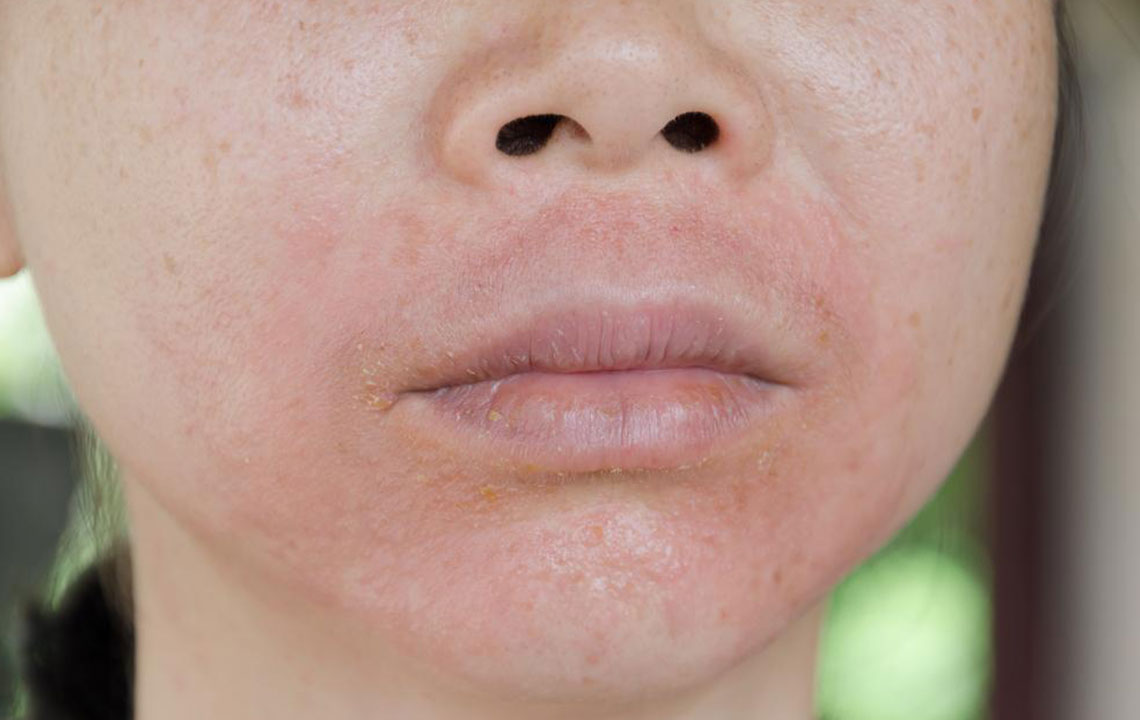How to deal with a skin rash from an insect bite?
Most people suffer from some kind of skin reaction after an insect bite. Most of the time, insect bites result in mild swelling and itching and heal in a day or two. But on rare occasions, a persistent rash can occur and cause a severe reaction.
There are simple actions that you can take to ease the pain and get relief from the itch.
This way you can follow an effective treatment after you are done with identifying insect bites. To be able to handle a skin rash due to insect bites, we need to understand how a skin rash occurs:
- At the time of an insect bite, venom or an irritant that is specific to the insect is released at the site of the bite.
- Our body’s immune system takes this foreign irritant into account and releases a substance found in the body called histamine.
- This brings about an inflammatory reaction that causes blood vessels to enlarge near the bite area, which results in swelling.
- Histamine and the swelling both irritate nerve endings in the skin, which causes itching.
Here are some important tips to deal with skin rash and itching:
- Identifying insect bites is the first step.
- After identifying insect bites, you can apply a cold pack or ice (indirectly) to ease the swelling and lessen the irritation of the nerve endings in the skin.
- Popular creams such as AfterBite, calamine lotion, or even a solution of baking soda mixed with water help to calm itchy skin.
- Whole body bath with Epsom salts is also recommended, after identifying insect bites that can cause itchiness.
- In case the insect bite results in painful joints, fever or breathing difficulties, consider these as signs of a serious allergy that require immediate medical attention.
Prevention is always better than cure. Wear clothes that cover up your skin and apply insect repellents, especially when you are outside in an insect-prone area. Taking adequate precautions and dealing with itchy bites when they do occur can help you enjoy the outdoors to the fullest.
Disclaimer:
The content of the articles discussing symptoms, treatments, health conditions, and side effects is solely intended for informational purposes. It is imperative that readers do not interpret the information provided on the website as professional advice. Readers are requested to use their discretion and refrain from treating the suggestions or opinions provided by the writers and editors as medical advice. It is important to seek the help of licensed and expert healthcare professionals when necessary.



